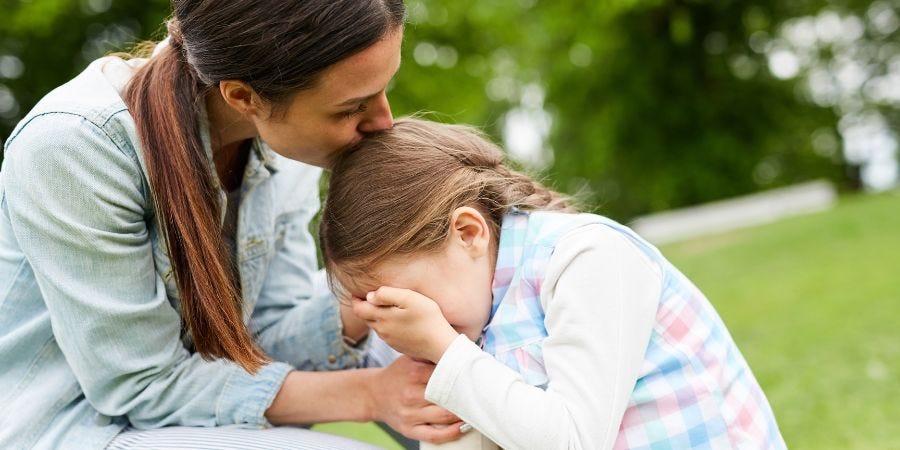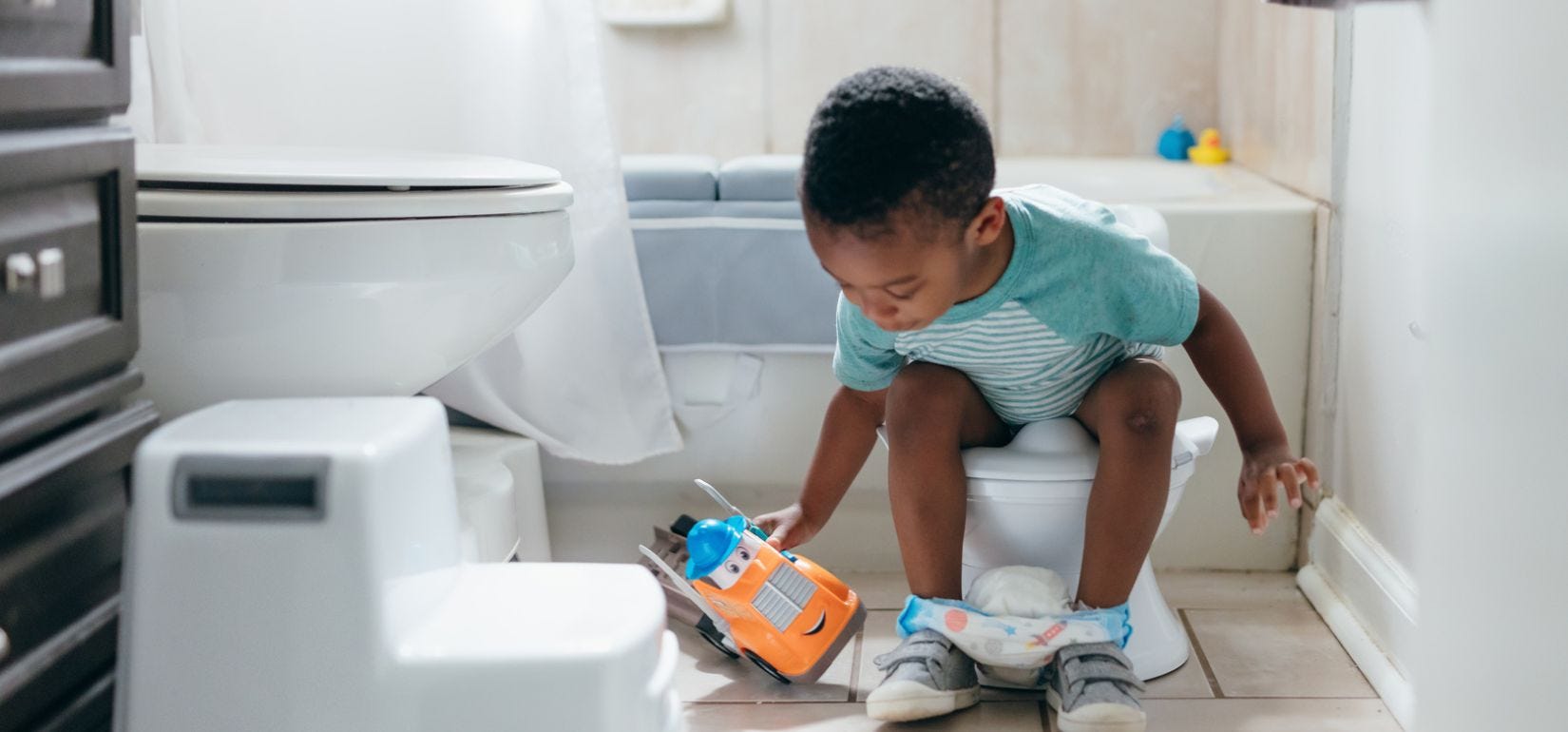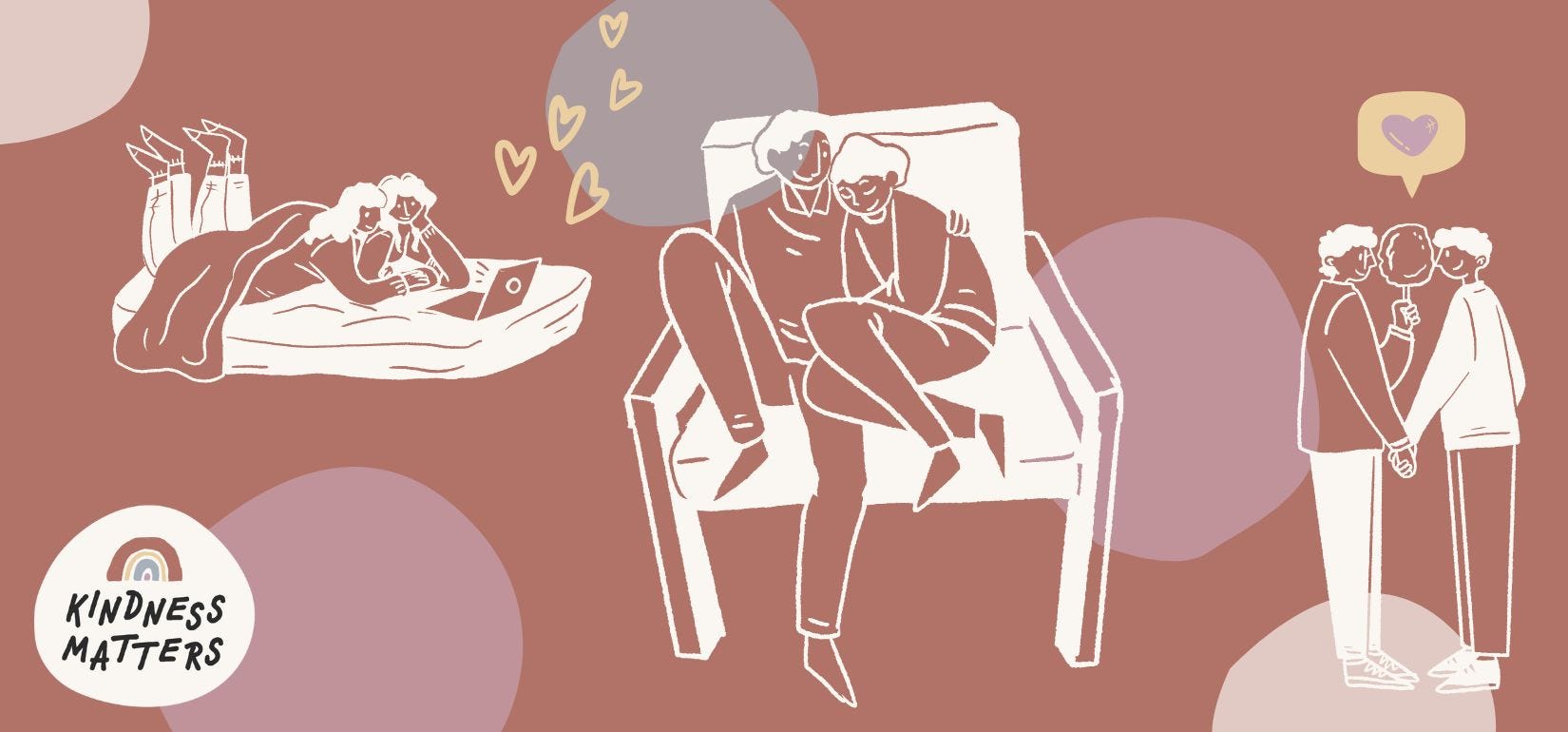Learn how disposable bed pads (chux) protect against heavy leaks, who they’re best for, and how to get them for free through insurance with Aeroflow Urology.
Why Bed Pads Are Must-Haves for Incontinence Support
-
 By Marlee Septak
By Marlee Septak - Jul 29, 2025

 By Marlee Septak
By Marlee Septak 
Learn how disposable bed pads (chux) protect against heavy leaks, who they’re best for, and how to get them for free through insurance with Aeroflow Urology.
 By Anne G. Bragg
By Anne G. Bragg 
Discover what stimming is, why it's a vital form of communication for many, and how it differs from habits. Learn to support your loved one's unique needs, and check their eligibility for free incontinence supplies through insurance with Aeroflow Urology.
 By Anne G. Bragg
By Anne G. Bragg 
Learn to recognize triggers of autistic meltdowns, how to differentiate them from tantrums, and provide effective support for your loved one in this article.
 By Marlee Septak
By Marlee Septak 

Discover practical tips for teaching self-care to children with autism. Learn from parents Marc Orem and Camille Joy as they share insights on toilet training, hair care, dressing, and more, while emphasizing the importance of parental self-care.

Managing autism already comes with its own set of unique challenges. On top of that, children with autism are more likely to have incontinence. Autism and incontinence may seem overwhelming at first, but there are proven ways to manage autism in incontinence without having to make drastic changes to your daily routine.

If your child is transitioning out of diapers, you know that the toilet training process is long and challenging for both parents and kids. Toilet training a child with autism can also be surprising at times due to the unique obstacles they may face. Read this post to understand your child's needs while potty training.

Learn the difference between autism and Down syndrome and how incontinence is related to both conditions.

Sex can sometimes be viewed as taboo, but let’s face it: It’s a regular part of our everyday lives, even if we’re not sexually active. It’s everywhere— on social media, television, and advertisements. But how are sex and romantic relationships discussed among people with autism? And why are there still stigmas around it?

Research suggests that diets can have an impact on the lifestyles of people who have autism. Read this post in under 10 minutes to find out which foods are best and worst to eat if you have autism.